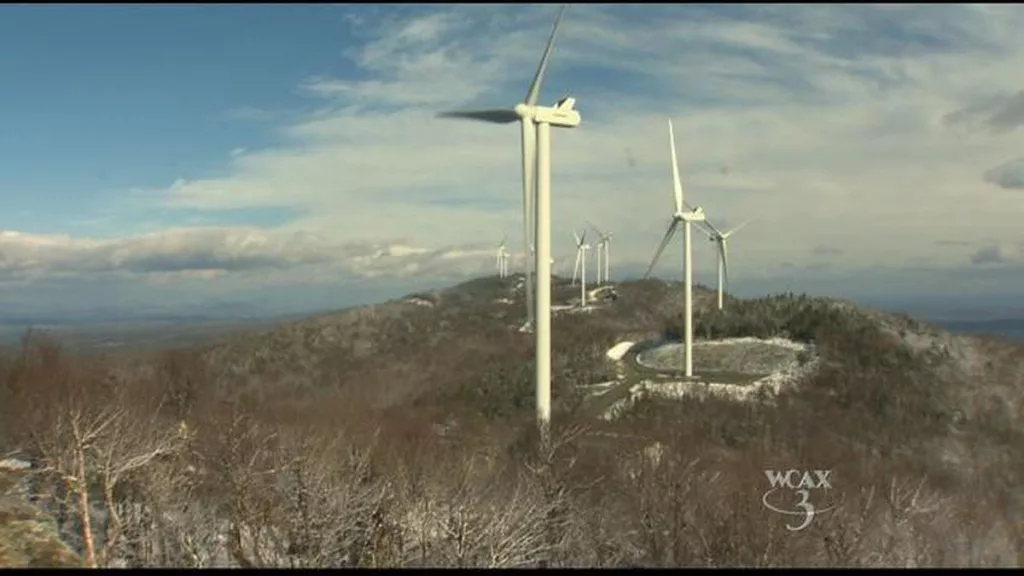MONTPELIER, Vt. (WCAX) – Vermont House lawmakers Wednesday are debating a major bill that sets strict requirements for utilities to buy power from renewable resources over the next five to 10 years. But there’s still a big disagreement over what the final price tag will be for both utilities and ratepayers.
“H. 289 updates the Renewable Energy Standard at a time of a pretty dynamic energy transition globally, in our country, and in our state,” said Rep. Laura Sibilia, I-Dover, a cosponsor of the bill.
The Renewable Energy Standard would require the state’s larger utilities to source 100% of their power from hydro, wind, and solar by 2030. Smaller utilities would have until 2035. It would require the state of Vermont to ramp up in-state production of renewable energy.
There’s still a major disagreement about what the bill will cost, what the demand will be for electricity, changes to the grid, where the power will come from, and what it means for Vermonters who are already dealing with years of inflation.
“Considerable uncertainty regarding the overall cost and impact on the state budget remains,” said Rep. Carl Demrow, D-Corinth.
New modeling from legislative economists shows it will cost upwards of $450 million between new energy production and building out upgrades to the grid.
“Vermonters can’t afford to put theories and good intentions over practical solutions,” Gov. Phil Scott said Wednesday. He says estimates drafted by state economists are too low and that they have an alternative plan that would cost only about $100 million. The governor has indicated he veto the House measure. He says other costs and fees — from property taxes to last year’s Clean Heat Standard — means Vermonters will pay more.
“The total cost of Vermont’s investment in renewable energy is sizeable material and therefore must be managed at a pace that is affordable,” said Vt Public Service Commissioner June Tierney.
The majority of Vermont’s carbon emissions come from transportation and thermal energy, including home heating. Some lawmakers question whether the effort will make a dent in the state’s carbon emissions. But backers say the bill will help make the grid more resilient in the face of extreme weather and climate change.
Related Stories:
What will Vermont’s renewable energy ambitions cost?
State lawmakers advance renewable energy standard
Lawmakers to revisit Vermont’s renewable energy goals
Key Vt. lawmakers give preview of environmental agenda
Vt. officials concerned with meeting climate target timeline
Green Mountain Power vows new plan will end outages
VELCO prepares for power transmission network of the future
Funding supports Vt. electric grid updates
GMP seeks to lift cap on home battery storage program
Burlington Electric prepares for net-zero future
Should state mandate battery storage to keep lights on, electric rates down?
Solar Split: Shaftsbury residents oppose utility-scale solar
Funding supports Vt. electric grid updates
Vermont signs on to hydrogen power hub plan
How mobile energy storage system will help GMP take green energy on the go

